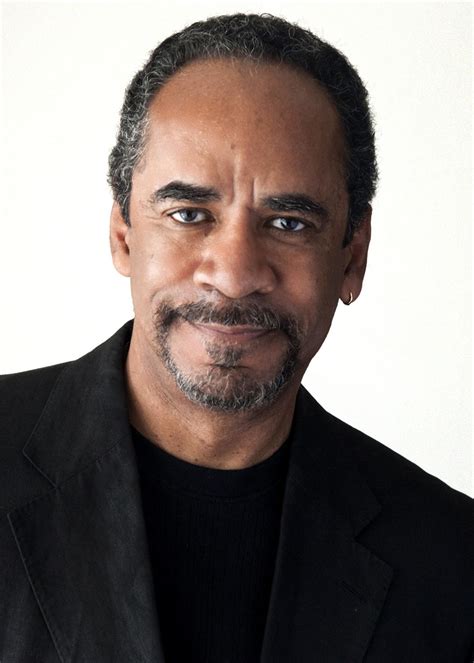A Quote by Rush Limbaugh
Related Quotes
It is tempting when looking at the life of anyone who has committed suicide to read into the decision to die a vastly complex web of reasons; and, of course, such complexity is warranted. No one illness or event causes suicide; and certainly no one knows all, or perhaps even most, of the motivations behind the killing of the self. But psychopathology is almost always there, and its deadliness is fierce. Love, success, and friendship are not always enough to counter the pain and destructiveness of severe mental illness
Suicide is a particularly awful way to die: the mental suffering leading up to it is usually prolonged, intense and unpalliated. There is no morphine equivalent to ease the acute pain, and death, not uncommonly, is violent and grisly. The suffering of a suicidal is private and inexpressible, leaving family members, friends and colleagues to deal with an almost unfathomable kind of loss, as well as guilt. Suicide carries in its aftermath a level of confusion and devastation that is, for the most part, beyond description.
...we ask: Why suicide? We search for reasons, causes, and so on.... We follow the course of the life he has now so suddenly terminated as far back as we can. For days we are preoccupied with the question: Why suicide? We recollect details. And yet we must say that everything in the suicide's life- for now we know that all his life he was a suicide, led a suicide's existence- is part of the cause, the reason, for his suicide.
Pain or not, I would most likely walk around in a suicidal reverie the rest of my life, never actually doing anything about it. Was there a psychological term for that? Was there a disease that involved an intense desire to die, but no will to go through with it? Couldn't talk and thoughts of suicide be considered a whole malady of their own, a special subcategory of depression in which the loss of a will to live has not quite been displaced by a determination to die?
[On suicide:] It's the only cause of death that can be used as a noun to describe the dead person. If you die of cancer you are not called 'a cancer.' If someone else shoots you, you are not referred to as 'a murder.' But if you shoot yourself, you are labeled as a suicide. Your death becomes your definition.
In a cross-cultural study of 173 societies (by Herbert Barry and L. M. Paxson of the University of Pittsburgh) 76 societies typically had mother and infant sharing a bed; in 42 societies they shared a room but not a bed; and in the remaining 55 societies they shared a room with a bed unspecified. There were no societies in which infants routinely slept in a separate room.
Nowadays not even a suicide kills himself in desperation. Before taking the step he deliberates so long and so carefully that he literally chokes with thought. It is even questionable whether he ought to be called a suicide, since it is really thought which takes his life. He does not die with deliberation but from deliberation.


































